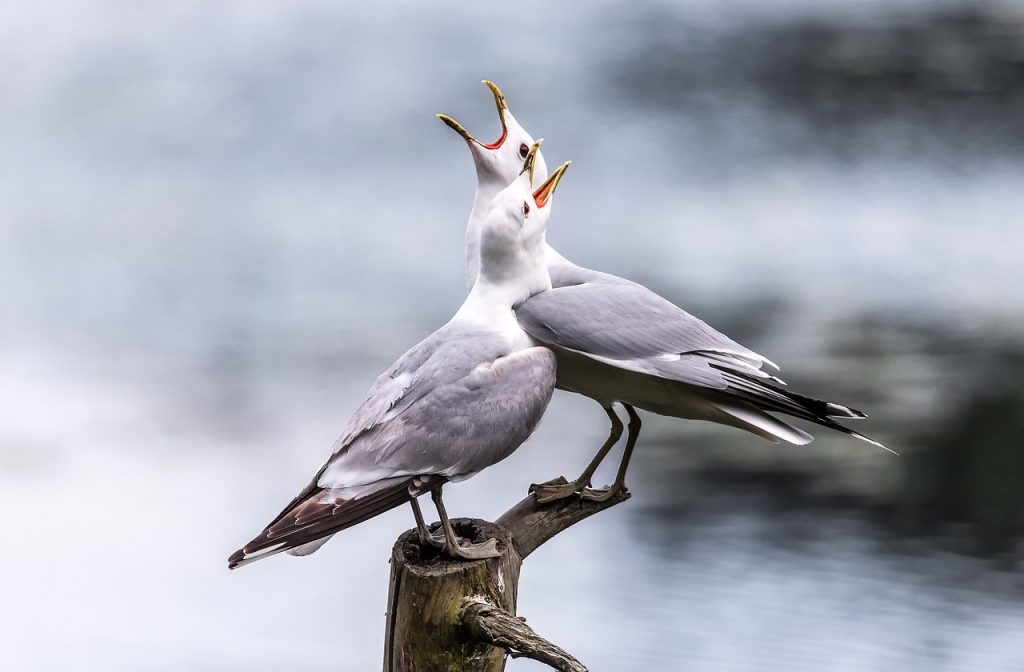
Hi everyone, a quick note before we get started. If you’re in Seattle and available the evening of October 26th, please join me at the Museum of History and Industry (MOHAI) for a book reading I’m doing of my book, Unicorns on Fire, which is a collection of some of my favorite blog posts, but in print. It’ll be fun. We’ll be sharing scary nonprofit stories, taking photobooth pictures, and giving out NAF merch as door prizes. It’s free. Register here so we know how much hummus to buy for the hummus bar.
If you work in this sector, you’ve probably experienced your fair share of bizsplaining. This is a term my friend Allison Carney coined where someone from the corporate sector who often has little to no nonprofit experience, talks down to nonprofit professionals. It manifests in several ways, including, but not limited to:
Continue reading →




